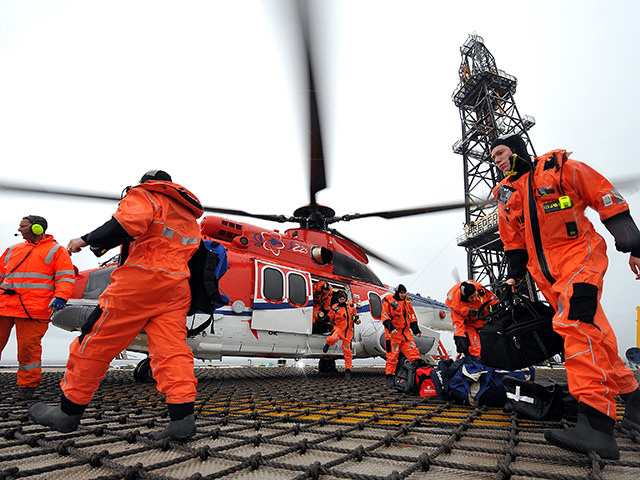
Science, technology engineering and maths; anyone who has emerged from university, college and other sectors of industry with those types of skill sets and competencies is potentially highly attractive to oil and gas companies and their supply chain.
In one way, shape or form, the offshore industry is stuffed with engineers and ologists of many different hues, including earth scientists, physical geographers, you name it.
Moreover, the North Sea is arguably the only sector in Britain where engineers are respected; indeed, even highly regarded.
That said, there is also a considerable appetite for specialists in marine, diving, aviation, finance, HR, legal, policy, communications, health, safety and environment, healthcare, offshore hotel services and so many other disciplines.
In short, the UK’s oil and gas industry offers a world of opportunity; moreover, it can be as global as you like – a passport to adventure of a kind rarely encountered in most other industries.
Each phase of the exploration, development, extraction, transportation and decommissioning process has a broadly different set of jobs, though with numerous overlaps.
Very early-stage exploration is typically performed by scientists who do on and offshore surveys, examine samples and conduct sophisticated modelling to determine if there are economically extractable hydrocarbons in an area.
Geologists known as mud loggers are also employed during exploratory drilling to examine the strata removed from new wells. Careful examination of these cuttings can sometimes reveal the presence of hydrocarbons. Reservoir engineers can also be employed to design wells and optimise drill sites at this point.
The development phase includes both skilled and unskilled labour (classically the roustabout of a rig) to engineers, project managers, construction trades and so many other positions that require significant amounts of education.
Many of the skills required during development are also required during the often decades-long production phase, but the balance is different. Interestingly, there is a trend towards making greater use of geoscientists to get the best of a developed oil and/or gasfield than in the past. Traditionally, they tended to be confined to the exploration phase.
In the North Sea, there is also a growing requirement for people with skill-sets and the mind-set required for decommissioning exhausted oil and gas fields of which Shell’s four-platform Brent system is currently the highest-profile example.
As is gradually being realised, many of the skill-sets required during production are just as valid during decommissioning. There is a huge emphasis on preparation of subsea and platform infrastructure for removal – reverse engineering in essence and where highly skilled trades versed in environmental clean-up come into their own. And, just as during production, the demand for high-quality offshore hotel services remains.
Lawyers, accountants and HR specialists abound in this industry. Lawyers, for example, have played a very prominent role in a variety of initiatives designed to make the North Sea more competitive – such as standard forms of contract; the development of codes of practice; and HSE.
Occupational health is another example of a specialist niche activity within the North Sea industry – onshore of course – but also offshore aboard production installations and mobile drilling rigs, also aboard support vessels known as ERRVs, emergency response and recovery vessels. The offshore medic is a highly regarded and respected individual.
This article doesn’t begin to scratch the surface in terms of the huge array of different opportunities; it’s just a hint of what’s possible.
Recommended for you
